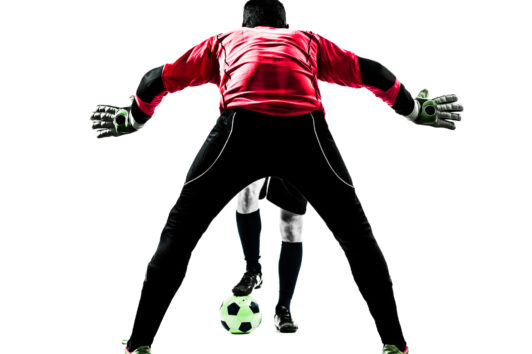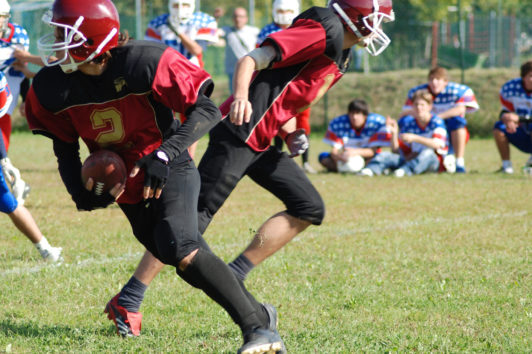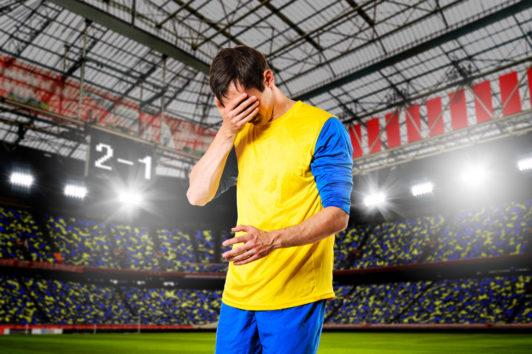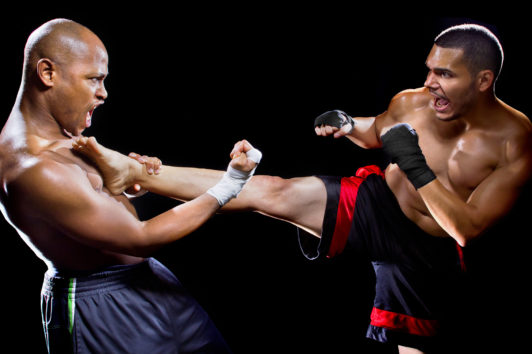
James Barraclough
I currently work as a lecturer in sport at the Manchester College. I am also under 14s coach at a Championship football club's academy. My third role is as a sport performance (psychology) consultant specialising in football and mixed martial arts.
@sportpsychjimbo
Article
So what learning style are you? It should be very easy to find out. You can simply take a number of written or online tests to tell you whether you are: Visual, Auditory, Reader, Kinaesthetic (Fleming, 2001) Concrete, Sequential, Abstract, Random (Gregorc, 1981) Visual, Aural, Verbal, Physical, Logical, Social, Solitary...

Article
Music Some recent research (Karageorghis et al 2009) has found the following relating to music: Beats per minute (BPM) in music are linked to the desired heart rate BPM in exercise Fast tempo/louder/higher intensity music has been shown to lead to shorter reaction times and higher arousal (also important for...

Article
Continuing with the theme of penalties, this time I will explore whether there is any skill involved in goalkeepers trying to save them or whether it is pure chance. Firstly, it is important to point out an important difference between amateurs and experts. An amateur performer in ‘ball’ sports tends to focus...

Article
As with many theories in psychology, those on leadership have taken a few twists and turns before they arrived at their current position. Early psychologists tended to favour trait theories i.e. you are born with certain characteristics that stay relatively stable throughout your life. With regard to leadership this meant...

Article
Thankfully coaching these days is less about vilifying athletes for every mistake they make and about making them look foolish in front of their peers. Unless of course you still subscribe to the English FA’s “stop, stand still” method of command style coaching. Contemporary thinking is more about actively encouraging...

Article
Extrinsic motivation is ‘external’: people – in this case athletes – are driven to succeed by factors from outside i.e. money, prizes, acclaim, status, praise. Intrinsic motivation comes from within i.e. an athlete driven by a need to succeed because they want to be the best and are not overly...

Article
Successful performance in elite football does not usually show itself until the early 20s due to unpredictable factors during a player’s development, particularly the effect that the growth spurt (puberty) will have on them physically and psychologically (although there have been some prodigies to prove the exception (e.g. Wayne Rooney...






